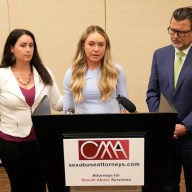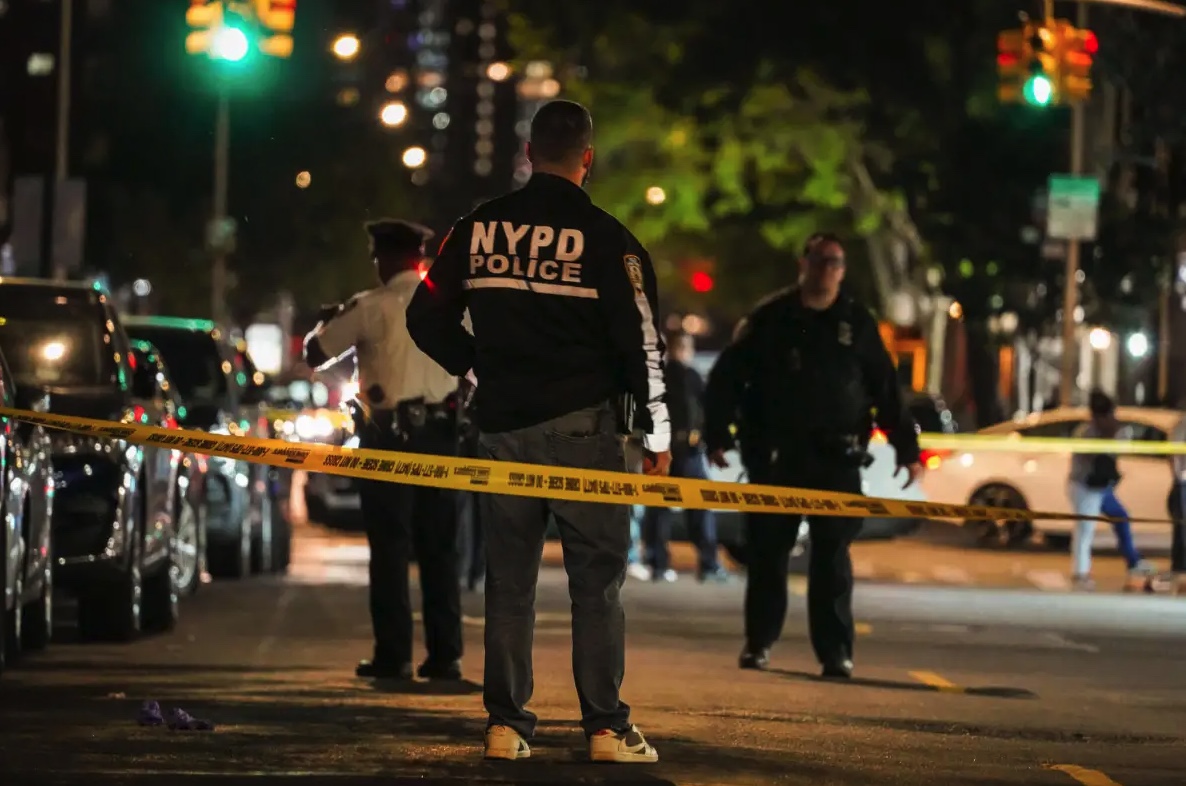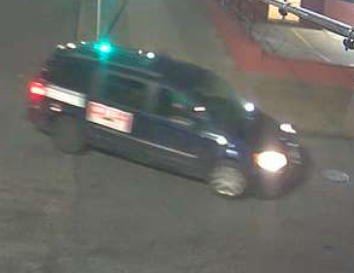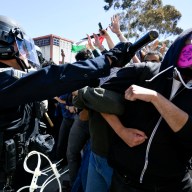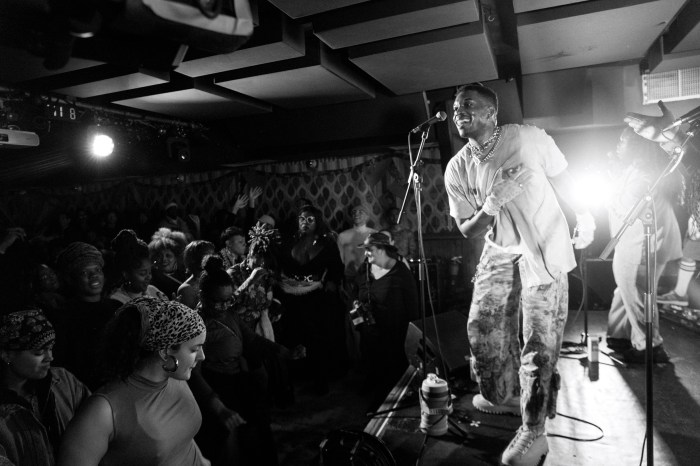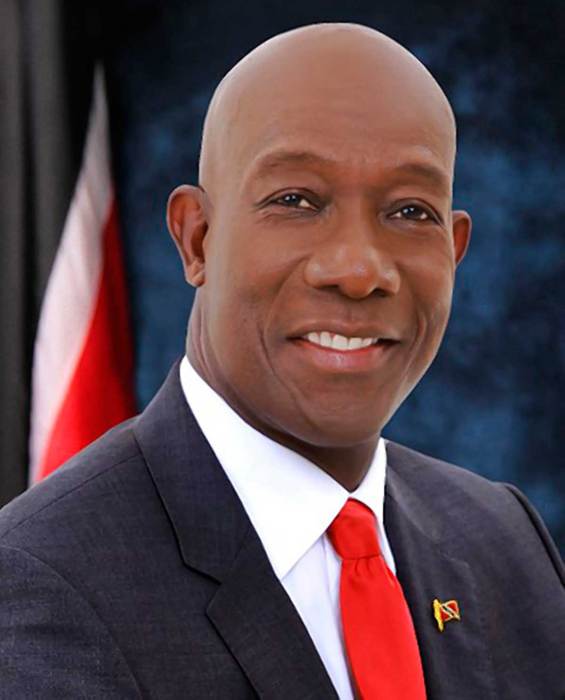JERUSALEM – The Israeli government has disclosed plans to build 100 homes in two Jewish settlements deep in the West Bank in apparent violation of its pledge to freeze settlement expansion.
Palestinian officials said the new construction in the settlement of Elkana is undermining U.S.-backed efforts to reach a peace deal by the end of 2008.
Since a U.S.-hosted Mideast peace conference in November, Israel has announced several new building projects in areas of Jerusalem claimed by the Palestinians for their future state.
However, Friday’s announcement marked the first time the Israeli government approved construction deep in the West Bank.
An Israeli security official, speaking on condition of anonymity, said the new construction apparently is part of ongoing negotiations between the Israeli government and Jewish settler leaders.
The official says approval for the 100 homes came in return for the recent voluntary evacuation of two small unauthorized settlement outposts.
The construction bids were published in an advertisement by the Israeli Housing Ministry in the newspaper Haaretz. Housing Ministry officials were not immediately available for comment.
“This undermines our efforts to make 2008 the year of peace,” said Palestinian negotiator Saeb Erekat.
Under a U.S.-backed peace plan, Israel is required to dismantle dozens of illegal outposts and halt construction in established settlements. Under the same plan, the Palestinians are required to rein in and disarm militants.
Israeli Prime Minister Ehud Olmert told the Yediot Ahronot newspaper in an interview published Friday that Palestinian President Mahmoud Abbas is aware of Israel’s position that it will continue to build in settlement blocs. Several of those blocs are close to Israel, but Ariel and Elkana are deep inside the West Bank.
Recent Israeli construction in Jerusalem prompted Abbas to briefly call off the peace talks. The Palestinians want east Jerusalem as a future capital but Israel annexed the sector of the city to its capital after capturing it in 1967.
Also Friday, Israel sealed the West Bank and Gaza for the duration of the weeklong Jewish Passover holiday, which begins at sundown Saturday. Holiday closures are routine, and bar most Palestinians from entering Israel.
In a West Bank raid, Israeli forces killed a Palestinian militant leader, Hani al-Kabi, in the Balata refugee camp next to the city of Nablus.
Al-Kabi had fled a Palestinian jail a month ago, violating the conditions of a deal with Israel that would have granted him amnesty. An Islamic Jihad militant was seriously wounded in the same raid, medics said.
The Palestinian Authority wants Israel to halt such raids in areas where Palestinian security forces are seeking to establish control, particularly around Nablus. The Israeli military says Palestinian forces are not doing enough to rein in militants.
Still, Palestinian security forces will be able to reopen 20 police stations in rural areas of the West Bank for the first time in eight years of fighting.
About 500 Palestinian police officers will deploy in West Bank villages, said Peter Lerner, an Israeli military official. Overall security control in these areas will remain in Israeli hands, but Palestinians will have presence to enforce the law.
Also Friday, a Reuters photographer was injured in the leg by a rubber-coated steel pellet fired by Israeli troops trying to break up a weekly protest against the construction of Israel’s separation barrier in the West Bank, witnesses said. The Israeli military had no comment.
On Wednesday, a cameraman with Reuters was among 21 Palestinians killed in the bloodiest day in Gaza in more than a month.
Egyptian efforts to mediate a Gaza ceasefire and a prisoner swap between Israel and Hamas are bogged down.
A prominent Hamas official said Friday that Gilad Shalit, an Israeli soldier captured by Gaza militants two years ago, will not be released until hundreds of Palestinian prisoners are freed.
“Gilad will not see the light, will not see his mother, will not see his father, God willing, as long as our heroic prisoners do not see their families, in their houses,” Mushir al-Masri said in a speech.
Israeli Deputy Prime Minister Eli Yishai said he wants to meet with Hamas to try to win Shalit’s release and has asked former U.S. president Jimmy Carter to help arrange an encounter.
Yishai was the only Israeli cabinet minister to meet Carter when he visited Israel and the Palestinians territories earlier this week.


